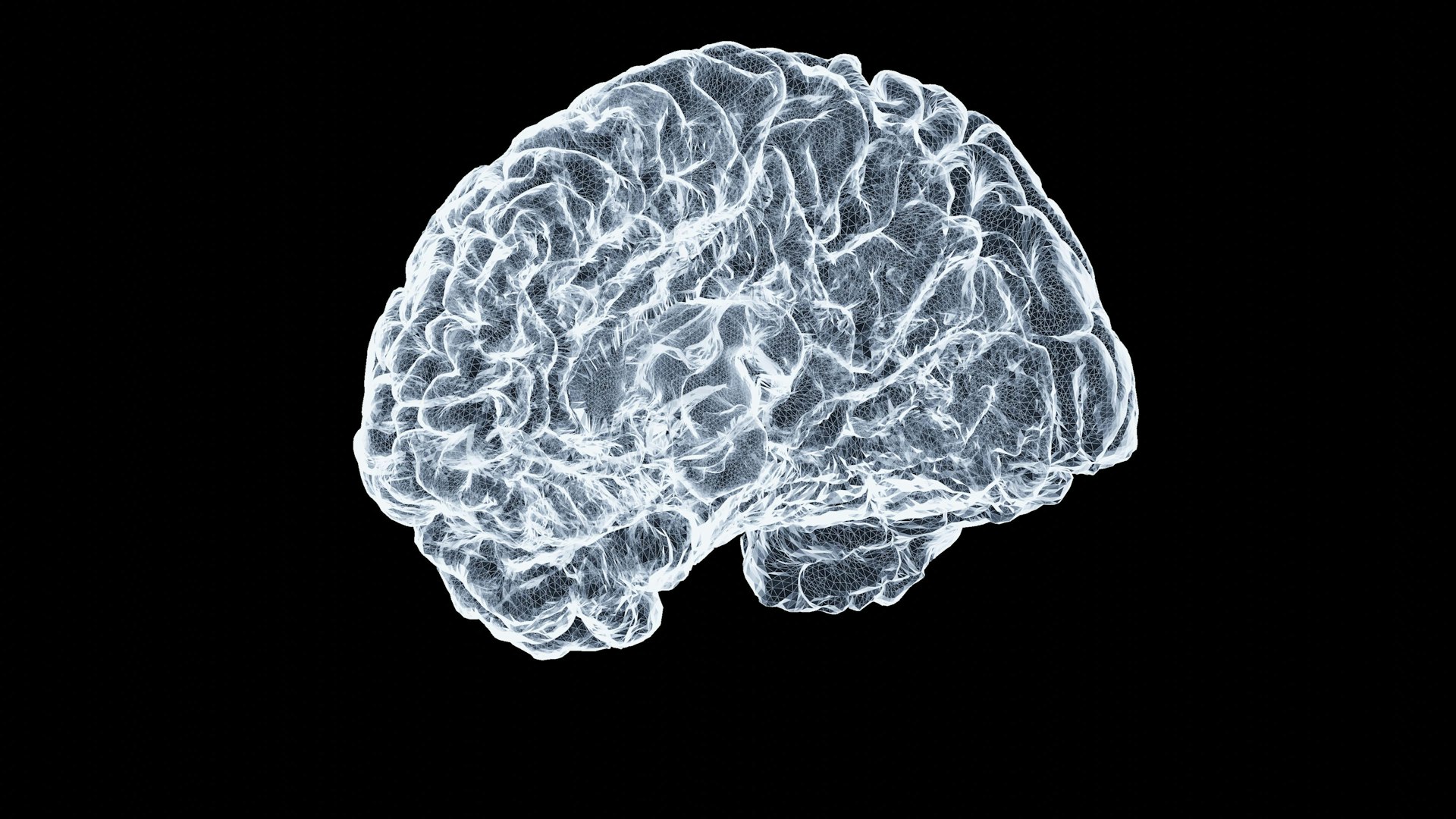Unlocking Better Brain Health and Memory: A Practical Guide to Nutrition for Cognitive Performance

Photo by Shawn Day on Unsplash
Introduction: Why Nutrition Matters for Brain Health and Memory
The food you choose each day has a measurable impact on your brain’s ability to process information, retain memories, and stay sharp as you age. Scientific research continues to reveal the profound ways that nutrition supports cognitive performance, protects against decline, and enhances mental clarity. Understanding which foods promote optimal brain health empowers you to make smart dietary choices that can benefit you now and in the future.
The Science Behind Nutrition and Cognitive Function
Your brain is an energy-intensive organ, consuming up to 20% of your daily calories. It thrives on a steady supply of vitamins, minerals, antioxidants, and healthy fats. These nutrients support neurotransmitter production, reduce inflammation, protect against oxidative stress, and promote the health of brain cells-all crucial for learning, memory, and concentration [5] . Studies indicate that diets rich in fruits, vegetables, whole grains, lean proteins, and healthy fats are associated with better cognitive performance and a lower risk of age-related memory loss [2] .

Photo by notorious v1ruS on Unsplash
Top Foods for Brain Health and Memory
Incorporating a range of nutrient-dense foods is key to supporting cognitive function. Here are some of the best options, along with their benefits and practical ways to include them:
1. Berries
Blueberries, strawberries, and blackberries are rich in antioxidants, particularly flavonoids, which help protect the brain from oxidative damage and support communication between brain cells. Research suggests that regularly consuming berries can improve memory and delay cognitive decline [5] . For example, adding a handful of blueberries to your morning oatmeal or yogurt can provide a daily boost.
2. Leafy Green Vegetables
Spinach, kale, arugula, and other leafy greens are packed with vitamins E, K, beta carotene, and folate. These nutrients help protect brain cells from damage, reduce inflammation, and have been linked to slower rates of cognitive aging. Eating greens daily, such as in salads or sautéed as a side, is a practical way to support brain health [3] .
3. Nuts and Seeds
Almonds, walnuts, pistachios, pumpkin seeds, and sunflower seeds are excellent sources of vitamin E, omega-3 fatty acids, and antioxidants. Walnuts, in particular, are noted for their high DHA omega-3 content, which supports memory and helps fight inflammation. Snack on a small handful of mixed nuts or sprinkle seeds onto salads for a brain-friendly habit [1] .
4. Fatty Fish
Salmon, mackerel, sardines, and trout provide essential omega-3 fatty acids, especially DHA, which is crucial for brain structure and function. Regular fish consumption (about two servings per week) has been associated with improved memory and reduced risk of Alzheimer’s disease. Try grilling or baking fish for a simple, nutritious meal [1] .
5. Beans and Legumes
Beans, lentils, and chickpeas supply a steady source of glucose, B vitamins, and fiber, supporting sustained mental energy and focus. These foods can be added to soups, stews, or salads for a satisfying, memory-supportive meal [1] .
6. Avocados
Avocados are rich in monounsaturated fats and vitamin E, both of which help maintain healthy blood flow and protect against oxidative damage. Sliced avocado can be added to sandwiches, salads, or toast for a creamy, brain-boosting addition [2] .
7. Dark Chocolate
High-quality dark chocolate (at least 70% cocoa) contains flavonoids, caffeine, and antioxidants that enhance memory, mood, and focus. Consuming a small amount as a treat can be both enjoyable and beneficial for brain health [4] .
8. Turmeric
This golden spice contains curcumin, which can cross the blood-brain barrier and has anti-inflammatory, antioxidant, and neuroprotective effects. Turmeric can be added to soups, curries, or smoothies. While more research is needed, early evidence indicates potential benefits for memory and mood [4] .
Step-by-Step: Building a Brain-Healthy Meal Plan
To maximize the benefits of nutrition for brain health and memory, consider the following approach:
- Start with a Foundation of Plants: Fill half your plate with a variety of colorful vegetables (especially leafy greens and cruciferous types) and fruits (with a focus on berries and grapes).
- Include Quality Proteins: Choose fatty fish at least twice a week. On other days, include beans, lentils, or lean meats.
- Choose Healthy Fats: Use extra virgin olive oil for dressings and cooking. Add avocados, nuts, and seeds daily.
- Limit Processed Foods and Sugars: Minimize packaged snacks, sugary desserts, and processed meats, as these can increase inflammation and oxidative stress.
- Stay Hydrated: Drink water regularly. Even mild dehydration can impair concentration and memory.
For personalized meal plans, consider consulting a registered dietitian or using resources from reputable health organizations. To find a credentialed expert near you, search “registered dietitian” along with your city or state, or visit the Academy of Nutrition and Dietetics website.
Implementing Brain-Boosting Nutrition: Practical Tips and Alternatives
Making dietary changes may seem challenging at first, but these strategies can help:
- Batch Prepare: Wash and chop vegetables in advance; pre-portion nuts and seeds for easy snacks.
- Experiment with New Recipes: Try adding spinach to smoothies, making salmon tacos, or preparing a mixed-berry parfait.
- Swap Wisely: Use hummus (made from beans) instead of mayonnaise, or mashed avocado instead of butter on toast.
- Gradual Changes: Incorporate one or two new brain-healthy foods each week to prevent overwhelm.
If you have specific dietary needs, allergies, or medical conditions, consult with your healthcare provider or a registered dietitian before making significant changes.
Addressing Common Challenges and Solutions
Adopting a brain-healthy diet is not without hurdles. Here are some common issues and ways to overcome them:
- Cost: Fresh produce and quality fish can be expensive. Consider buying frozen berries or vegetables, which are often just as nutritious. Canned beans and sardines are budget-friendly protein options.
- Time Constraints: Use time-saving options like pre-washed greens or canned legumes. Meal prep can help ensure healthy options are always available.
- Taste Preferences: Gradually introduce new flavors and pair them with familiar foods. Roasting vegetables or blending leafy greens into smoothies can make them more palatable.
Alternative Approaches to Support Brain Health
While nutrition plays a critical role, a holistic approach to brain health should also include:
- Physical Activity: Regular exercise increases blood flow to the brain and supports neuroplasticity.
- Mental Stimulation: Engage in puzzles, reading, or learning new skills to keep your mind active.
- Quality Sleep: Aim for 7-9 hours of restful sleep, as sleep is vital for memory consolidation.
- Stress Management: Chronic stress can impair memory. Consider mindfulness practices or counseling if needed.
How to Access Additional Resources and Professional Guidance
For those seeking further support, you can:
- Contact your primary care provider for a referral to a nutrition specialist.
- Search for registered dietitians using official directories, such as the Academy of Nutrition and Dietetics.
- Visit established health organizations’ websites, such as the Mayo Clinic Health System or Northwestern Medicine , for evidence-based nutrition guidance.
- Explore local community programs, senior centers, or wellness clinics that offer nutrition workshops or seminars.
If you are concerned about memory loss or cognitive changes, speak to your healthcare provider. They can assess your needs and connect you with appropriate support services or specialists.
References
- [1] UnityPoint Health (2023). 15 Brain Foods That May Help Preserve Your Memory.
- [2] Mayo Clinic Health System (2023). Maximize Memory Function with a Nutrient-Rich Diet.
- [3] Northwestern Medicine (2023). Best Foods for a Healthy Brain.
- [4] Haven Health (2023). Brain-Boosting Foods To Improve Memory and Concentration.
- [5] Virtua Health (2023). The Top 10 Foods That Boost Your Brain Health.
MORE FROM yourscholarshiptoday.com













